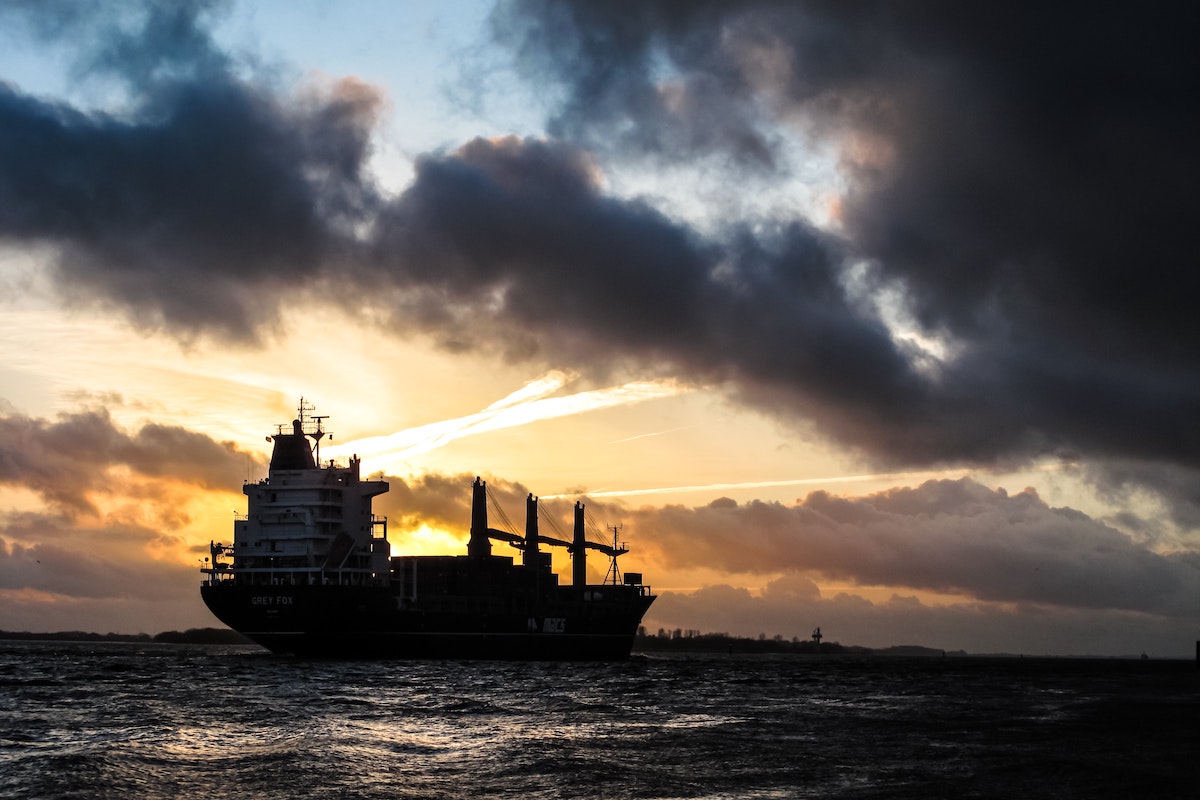The European Union has put further fuel price caps on Russian oil exports, which it says will help stabilise global energy markets.
The European Commission (EC), together with the international G7+ Price Cap Coalition, on 4thFebruary said it had adopted further price caps for seaborne Russian petroleum products, such as diesel and fuel oil. “This decision will hit Russia’s revenues even harder and reduce its ability to wage war in Ukraine,” said the EC in a statement.
It comes on top of the price cap for crude oil in force since December 2022, and will complement the EU’s full ban on importing seaborne crude oil and petroleum products into the European Union.
“We are making Putin pay for his atrocious war,” said Ursula von der Leyen, President of the European Commission. “Russia is paying a heavy price, as our sanctions are eroding its economy, throwing it back by a generation. Today, we are turning up the pressure further by introducing additional price caps on Russian petroleum products. This has been agreed with our G7 partners and will further erode Putin’s resources to wage war. By 24th February, exactly one year since the invasion started, we aim to have the 10th package of sanctions in place.”
Two price levels have been set for Russian petroleum products: one for ‘premium-to-crude’ petroleum products, such as diesel, kerosene and gasoline, and the other for ‘discount-to-crude’ petroleum products, such as fuel oil and naphtha, reflecting market dynamics. The maximum price for premium-to-crude products will be 100 USD per barrel and the maximum price for discount-to-crude will be 45 USD per barrel.
The Price Cap Coalition is composed of Australia, Canada, the EU, Japan, the UK, and the US.
EU says price caps are working
The EU says it’s sanctions against Russia are proving effective. “They are damaging Russia’s ability to manufacture new weapons and repair existing ones, as well as hinder its transport of material while reducing its revenues from fossil fuels exports. In response to Belarus’ involvement in Russia’s military invasion of Ukraine, the EU has also adopted a variety of sanctions against Belarus in 2022,” it said in the statement.
As guardian of the EU Treaties, the European Commission monitors the enforcement of EU sanctions across the EU.
Sign up for the Monaco Life newsletter. For the latest news, follow us on Facebook, Twitter, and Instagram.
Photo credit: Jens Rademacher on Unsplash
